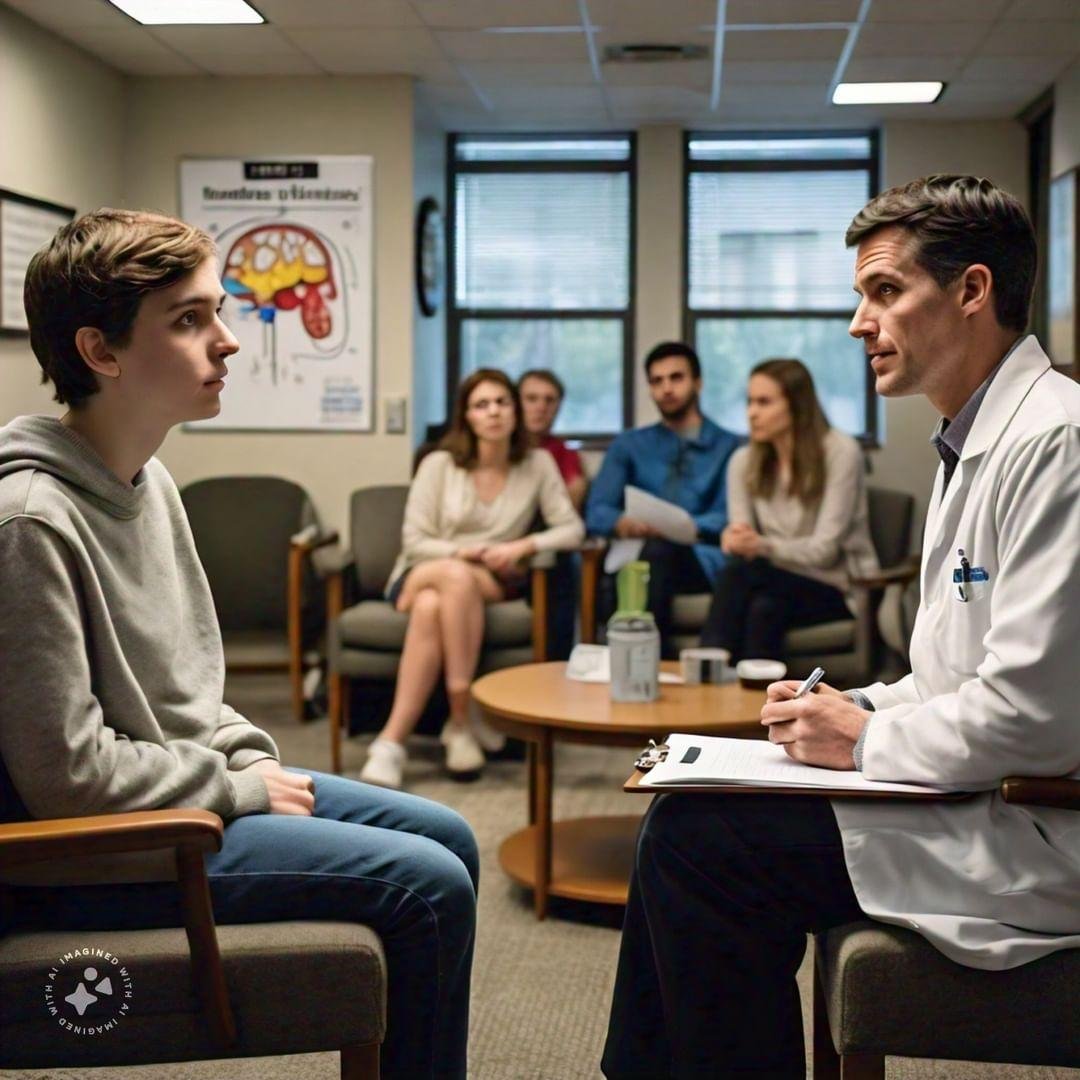
Medication-Assisted Treatment For Opioid Addiction in Opioid Treatment Programs
"Medication-Assisted Treatment (MAT) for Opioid Addiction in Opioid Treatment Programs: A Comprehensive Guide
Opioid addiction is a national crisis, affecting millions of individuals and families. Medication-Assisted Treatment (MAT) is a evidence-based approach that combines medication with counseling and behavioral therapies to treat opioid addiction. This guide provides an in-depth overview of MAT in Opioid Treatment Programs (OTPs), including:
- The science behind MAT: how medications like methadone, buprenorphine, and naltrexone work to manage withdrawal and cravings
- The role of counseling and behavioral therapies in MAT: individual and group counseling, cognitive-behavioral therapy, and contingency management
- OTP settings: outpatient and residential programs, and how MAT is integrated into these settings
- Patient assessment and treatment planning: determining the best course of treatment and creating a personalized plan
- Managing medication: dosing, monitoring, and adjusting medication regimens
- Addressing co-occurring disorders: treating mental health and substance use disorders concurrently
- Overcoming barriers to treatment: addressing stigma, access, and retention challenges
This guide is designed for healthcare professionals, addiction specialists, and individuals seeking treatment for opioid addiction. It provides a comprehensive understanding of MAT in OTPs, empowering readers to make informed decisions and provide effective care.
Objectives:
- Understand the principles of MAT and its effectiveness in treating opioid addiction
- Learn how to assess and treat patients with opioid addiction in OTP settings
- Develop skills in counseling and behavioral therapies to support MAT
- Identify and address co-occurring disorders and barriers to treatment
Join us in exploring Medication-Assisted Treatment for Opioid Addiction in Opioid Treatment Programs and discover how this comprehensive approach can help individuals achieve long-term recovery."

